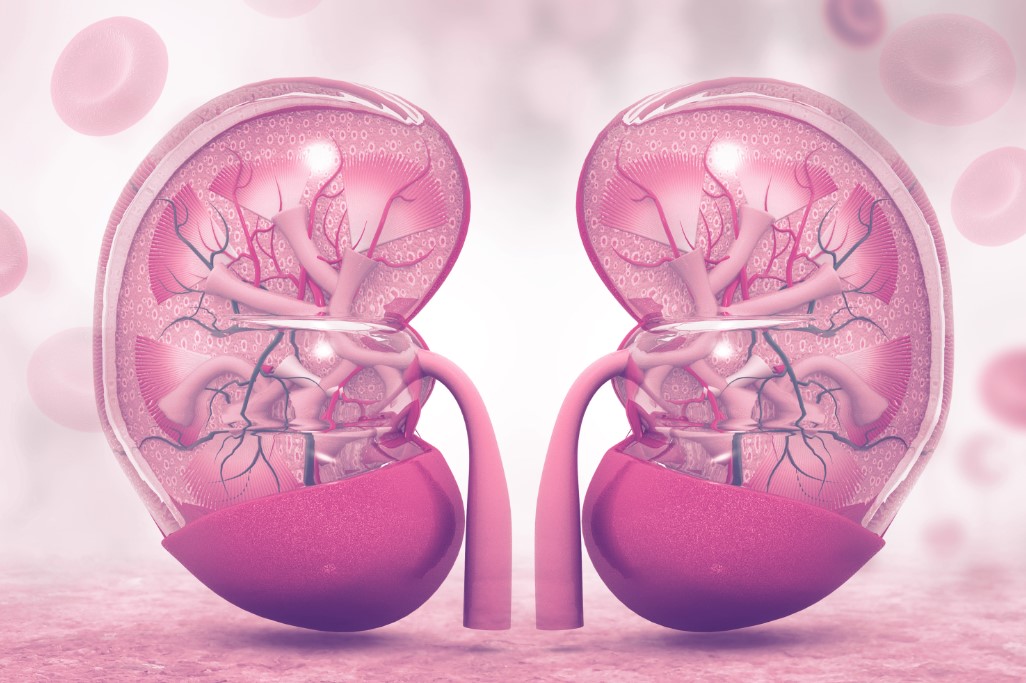Image Caption: James Shapiro, professor of surgery, medicine and surgical oncology at the U of A, led a new clinical trial that shows insulin-producing cells grown from stem cells are safe for transplant. (Source: University of Alberta / Richard Siemens)
By Andrea Dion – CTVNews – Link to article
Diabetes researchers have logged another major milestone in their efforts to get people off injected insulin.
The first in-human clinical trial is reporting “early success” in transplanting pancreatic cells grown from stem cells to produce insulin.
According to the study, 35 per cent of the 17 patients who received implants showed signs of insulin production in their blood within six months, and 63 per cent within a year of having the implants removed.
“This is a very positive finding,” James Shapiro, a professor of surgery, medicine and surgical oncology at the University of Alberta, said in a news release.
“It’s not the endgame, but it’s a big milestone along the road to success, demonstrating that stem cell-derived islet therapies are safe.”
According to Shapiro, the goal is to develop an “unlimited supply” of islet cells without the need for anti-rejection drugs after transplantation. He also led the team in the 1990s that developed the Edmonton Protocol, a process that saw donated insulin-producing islet cells transplanted into the livers of people with Type 1 diabetes.
In Shapiro’s most recent research, patients in Canada, the U.S. and Europe received small devices filled with millions of cells.
“The cells were derived from stem cells, then chemically transformed into stem cells programmed to become islet cells,” the U of A said.
Shapiro said at least one patient was able to successfully reduce their insulin dose after having 10 devices implanted.
“Cell-based therapies have the promise to deliver something far better than insulin therapy,” Shapiro said.
As for next steps, researchers are planning to assess how many stem cell-derived pancreatic cells are needed for transplant to boost insulin production in people with Type 1 and Type 2 diabetes.
“We’ve seen a lot of advances in the last 100 years since the Canadian discovery of insulin,” Shapiro added. “The race isn’t over yet.”




